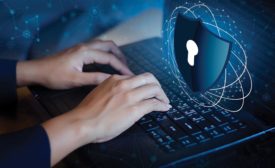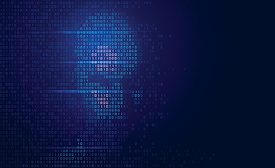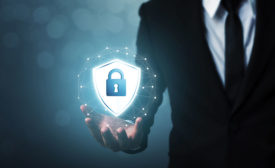Security Education & Training
Securing Soft Targets and Crowded Places
How can enterprise security secure soft targets and crowded places without intruding on the entertainment aspect of events?
March 13, 2020
Sign-up to receive top management & result-driven techniques in the industry.
Join over 20,000+ industry leaders who receive our premium content.
SIGN UP TODAY!Copyright ©2024. All Rights Reserved BNP Media.
Design, CMS, Hosting & Web Development :: ePublishing

















